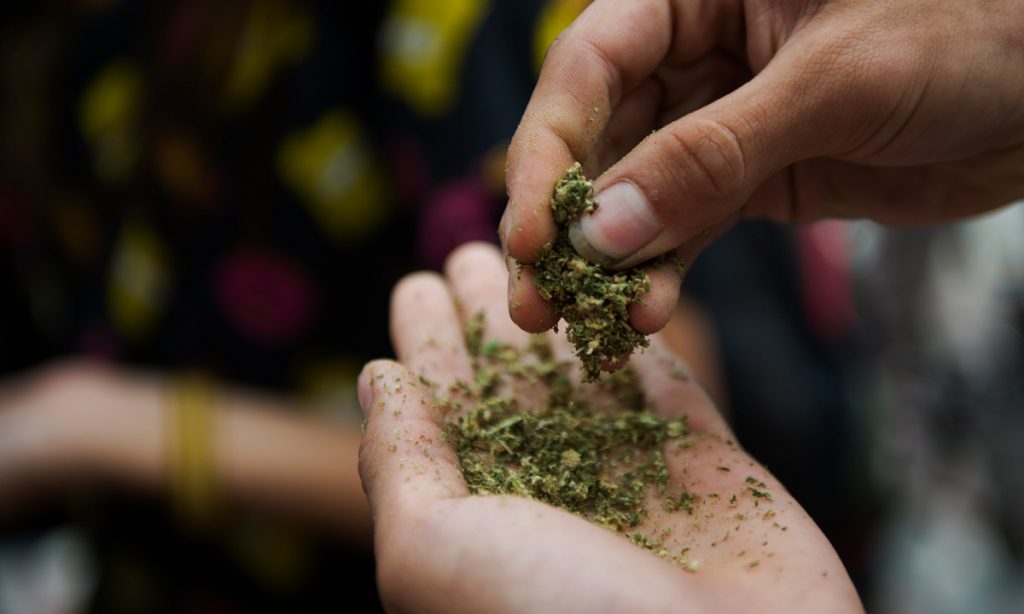Cannabis
Key Things To Know About Synthetic Marijuana

Biden Administration
The Feds Have Until November To Help Veterans
boomers
Marijuana Can Bond Grandparents To Family
adventure
Data Says Summer Is The Time To Try New Things
-

 Cannabis News1 year ago
Cannabis News1 year agoDistressed Cannabis Business Takeaways – Canna Law Blog™
-

 One-Hit Wonders1 year ago
One-Hit Wonders1 year agoUnited States: Alex Malyshev And Melinda Fellner Discuss The Intersection Of Tax And Cannabis In New Video Series – Part VI: Licensing (Video)
-

 Cannabis 1011 year ago
Cannabis 1011 year agoWhat you Need to Know
-

 drug testing7 months ago
drug testing7 months agoDrug Testing for Marijuana – The Joint Blog
-

 Marijuana Business Daily1 year ago
Marijuana Business Daily1 year agoCannabis, alcohol firm SNDL loses CA$372.4 million in 2022
-

 Education1 year ago
Education1 year agoNCIA Write About Their Equity Scholarship Program
-

 Cannabis1 year ago
Cannabis1 year agoIt has been a wild news week – here’s how CBD and weed can help you relax
-

 Education1 year ago
Education1 year agoCity Of Oakland Issues RFP For Employee Training Programs





























